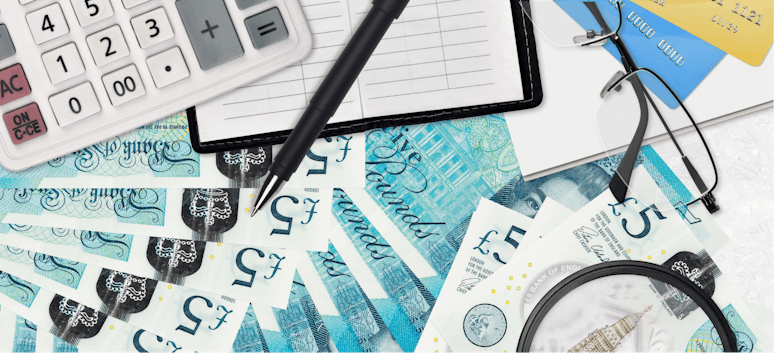
2021 UK Budget update
18th Mar 2021

Stephen
The 2021 UK Budget was announced last week, with most of the country’s eyes looking to any mentions of relief for struggling businesses. Additionally, people were keen to see if the government would make any changes ahead of the country moving away from lockdown as the year goes on.
Here we break down the important points from this year’s budget and look at how it could affect your finances.
Furlough extended
The furlough scheme had been due to end on 30th April, but it has now been announced that it will continue until the end of September. The same rules will apply as people placed on furlough will continue to receive 80% of their salary (capped at £2,500 a month). However, employers will start contributing more towards the pay their furloughed employees are receiving. From July, they will have to contribute 10% of their employees’ pay, with this amount increasing to 20% in August and September.
Help for self-employed people
Self-employed people will soon be able to apply for their fourth and fifth payments from the self-employed income support scheme (SEISS). The fourth payment will cover the months of February, March and April, and will make up 80% of average monthly profits (capped at £2,500). The fifth payment will cover the remaining months up to the end of September, but no exact details on how much people will be able to claim have been released yet.
Universal Credit changes
£20-a-week uplift
The weekly increase of £20 to Universal Credit payments has been extended for another six months. It has been announced that working tax credit claimants will receive a one-off payment of £500 rather than £80-a-month.
People who are eligible do not need to apply for this payment, as they should receive it automatically by 23rd April. HMRC should contact people by text or post to let them know they’re eligible before they are paid. People who qualify include those who received the following on 2nd March 2021:
- Working tax credit
- Working tax credit and child tax credit
- Child tax credit and eligible for working tax credit but do not receive payments because their income is too high
Despite this extension, it has been announced that this payment will be cut in October. To read more about applying for Universal Credit, take a look at our blog.
Advance payments
People applying for Universal Credit can request a loan on their first payment during the five-week waiting period. The advance can now be paid back over two years, rather than just 12 months as it was previously.
Council tax rises
Council tax bills could rise up by £100 in April as the government gave councils permission to increase bills by up to 5%. At present, councils cannot increase local taxes by any more than 2% without holding a local referendum, but changes last autumn mean that many could now bring in significant increases to tax without consulting the people who live there.
Stamp duty extension and 95% mortgages
Homebuyers will be pleased to know that the 0% stamp duty on the first £500,000 of properties will continue until the end of June. From July to the end of September, the threshold will be reduced to £250,000 before returning to normal after that.
Additionally, the government has announced that it will support 95% mortgages on properties up to £600,000 after many people reported that lenders were asking for deposits much higher than the normal 10-15%.
For more advice on budgeting for a house, check out our guide.
Tax threshold freeze
Income tax thresholds will increase in the next tax year to £12,750 but will be frozen for the next five years afterwards. This could mean that anyone earning more from self-employed work in the coming years will be taxed more without inflation being taken into account.
As we emerge from lockdown as the year goes on, we could see more changes that could affect your finances. For updates on all the changes that matter to you, follow us on Facebook and Twitter.
< Back to articles
